In the world of farming and gardening, efficiency is key. Every minute and every effort count when it comes to sowing seeds or bulbs. Planting augers have emerged as a game-changer, significantly enhancing planting efficiency and revolutionizing the way we approach agriculture and horticulture practices. In this article, we explore the benefits, applications, and considerations related to planting augers. 1. What are Planting Augers? Planting augers, also known as soil augers or drill augers, are powerful tools specifically designed to simplify and expedite the process of digging holes for planting seeds, bulbs, and small plants. These augers are typically attached to hand drills or power tools, allowing users to quickly and accurately create holes in various soil and ground conditions. Planting augers greatly reduce physical strain, boosting productivity while minimizing time and labor investment.
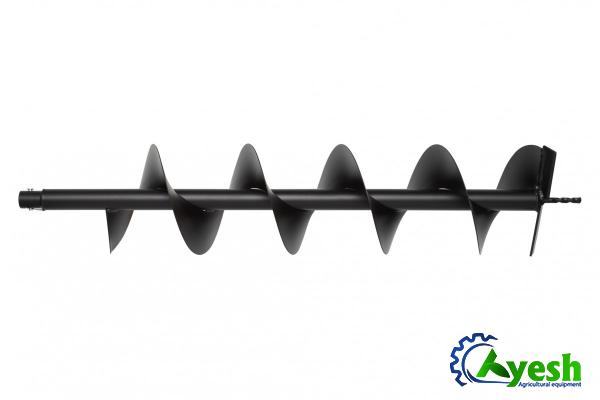
.
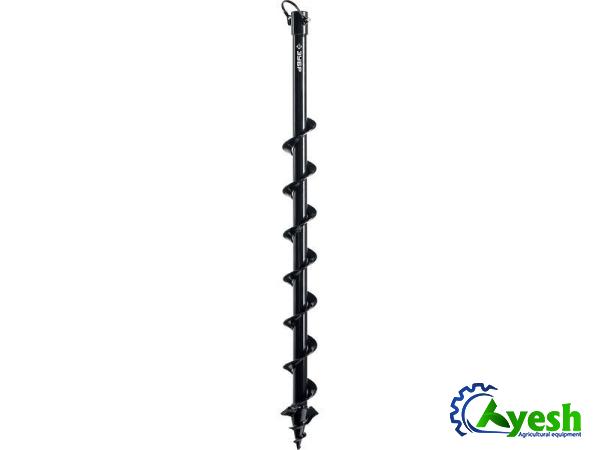 2. Benefits of Planting Augers: a) Time-Saving: By automating the digging process, planting augers significantly reduce the time required for manual hole digging. This time-saving aspect is particularly beneficial for large-scale farming operations that involve planting extensive areas. b) Accuracy and Consistency: Planting augers ensure a consistent hole size and depth, which is vital for uniform seed or bulb placement. This promotes healthy plant growth and maximizes yield potential. c) Reduced Physical Strain: Traditional manual hole digging can lead to physical discomfort, especially when dealing with tough soils or repetitious planting tasks. Planting augers alleviate strain on the body, minimizing the risk of injuries and promoting longevity in agricultural or gardening occupations. d) Enhanced Precision: Some augers feature depth control mechanisms, allowing users to set the desired hole depth accurately. This ensures precise planting depths for different plant varieties and optimal growing conditions.
2. Benefits of Planting Augers: a) Time-Saving: By automating the digging process, planting augers significantly reduce the time required for manual hole digging. This time-saving aspect is particularly beneficial for large-scale farming operations that involve planting extensive areas. b) Accuracy and Consistency: Planting augers ensure a consistent hole size and depth, which is vital for uniform seed or bulb placement. This promotes healthy plant growth and maximizes yield potential. c) Reduced Physical Strain: Traditional manual hole digging can lead to physical discomfort, especially when dealing with tough soils or repetitious planting tasks. Planting augers alleviate strain on the body, minimizing the risk of injuries and promoting longevity in agricultural or gardening occupations. d) Enhanced Precision: Some augers feature depth control mechanisms, allowing users to set the desired hole depth accurately. This ensures precise planting depths for different plant varieties and optimal growing conditions.
..
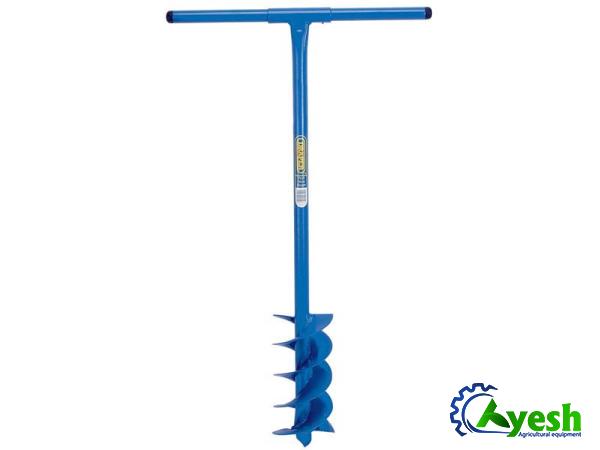 3. Applications of Planting Augers: a) Commercial Agriculture: Planting augers have revolutionized large-scale farming practices. By incorporating augers into existing machinery, such as tractors or planters, farmers can achieve higher accuracy, uniformity, and efficiency during their sowing operations. b) Home Gardening: Planting augers have quickly gained popularity among home gardeners. From planting flowers, vegetables, or bulbs to installing fence posts or small trees, augers simplify the task and eliminate the need for manual digging, making gardening more accessible and enjoyable for all. c) Landscaping and Restoration Projects: In landscaping or restoration projects that involve planting numerous small plants or trees, augers offer both precision and time-efficiency. They enable contractors or volunteers to complete projects promptly while maintaining optimal plant health. 4. Considerations before using Planting Augers: a) Soil Type: Different auger designs are suitable for varying soil types.
3. Applications of Planting Augers: a) Commercial Agriculture: Planting augers have revolutionized large-scale farming practices. By incorporating augers into existing machinery, such as tractors or planters, farmers can achieve higher accuracy, uniformity, and efficiency during their sowing operations. b) Home Gardening: Planting augers have quickly gained popularity among home gardeners. From planting flowers, vegetables, or bulbs to installing fence posts or small trees, augers simplify the task and eliminate the need for manual digging, making gardening more accessible and enjoyable for all. c) Landscaping and Restoration Projects: In landscaping or restoration projects that involve planting numerous small plants or trees, augers offer both precision and time-efficiency. They enable contractors or volunteers to complete projects promptly while maintaining optimal plant health. 4. Considerations before using Planting Augers: a) Soil Type: Different auger designs are suitable for varying soil types.
…
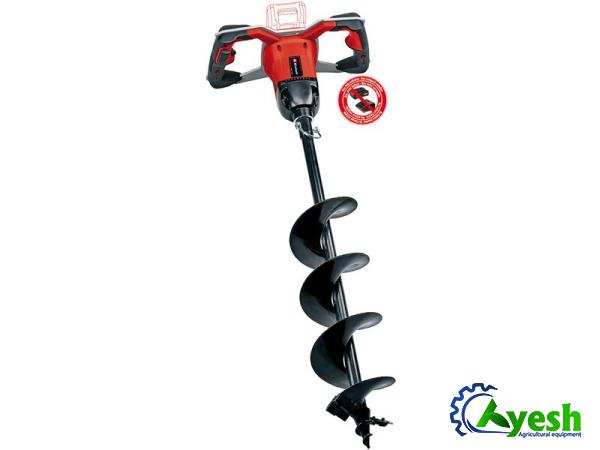 It is essential to select an auger with the right blade and size to effectively penetrate the soil without causing unnecessary stress or damage. b) Power Source: Planting augers can be manually operated or attached to power tools. Choosing the right power source depends on the scale of the project, available equipment, and individual preferences. c) Safety: Always follow the manufacturer’s guidelines and safety instructions when using planting augers. Wear appropriate protective gear, maintain a safe distance from others, and be mindful of underground utilities or obstructions. Conclusion: Planting augers have transformed the world of agriculture and horticulture, providing a time-saving and efficient solution for sowing duties. From small residential gardens to expansive commercial farmlands, these augers have proven their value by improving accuracy, consistency, and reducing physical strain. By embracing planting augers, farmers, gardeners, and landscapers can achieve higher productivity and contribute to a more sustainable and thriving green world.
It is essential to select an auger with the right blade and size to effectively penetrate the soil without causing unnecessary stress or damage. b) Power Source: Planting augers can be manually operated or attached to power tools. Choosing the right power source depends on the scale of the project, available equipment, and individual preferences. c) Safety: Always follow the manufacturer’s guidelines and safety instructions when using planting augers. Wear appropriate protective gear, maintain a safe distance from others, and be mindful of underground utilities or obstructions. Conclusion: Planting augers have transformed the world of agriculture and horticulture, providing a time-saving and efficient solution for sowing duties. From small residential gardens to expansive commercial farmlands, these augers have proven their value by improving accuracy, consistency, and reducing physical strain. By embracing planting augers, farmers, gardeners, and landscapers can achieve higher productivity and contribute to a more sustainable and thriving green world.
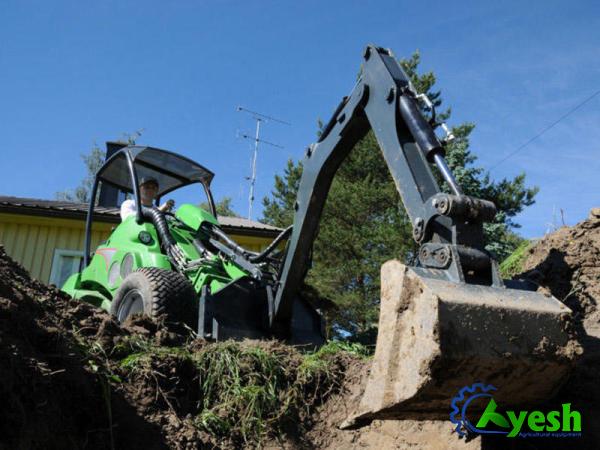
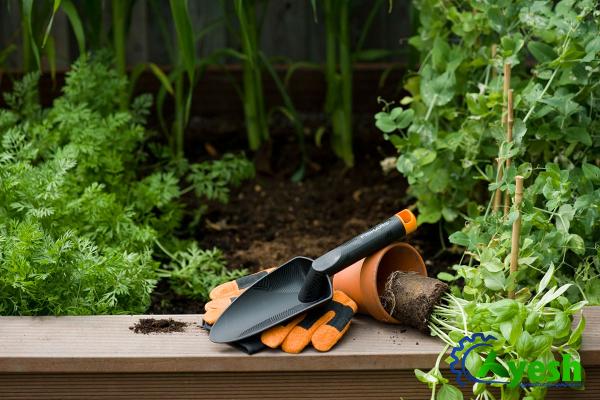
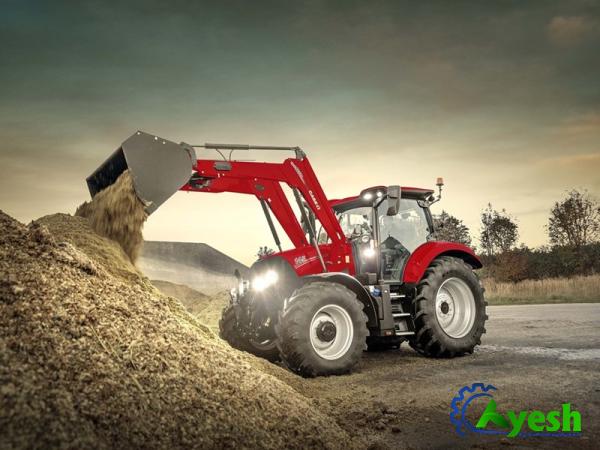
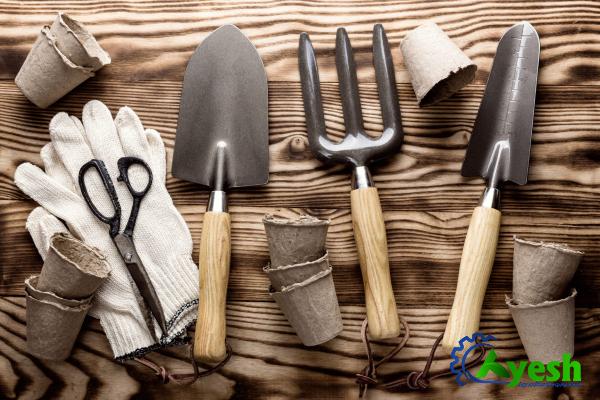
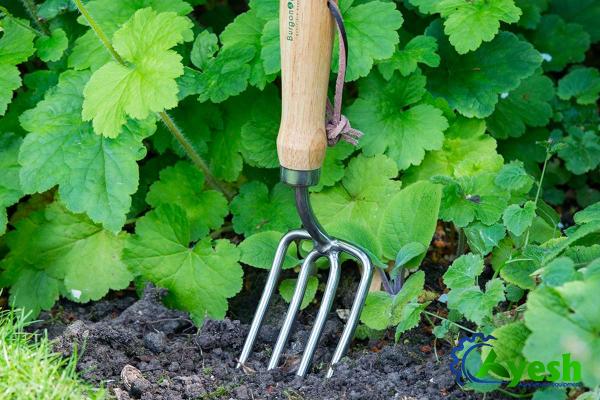
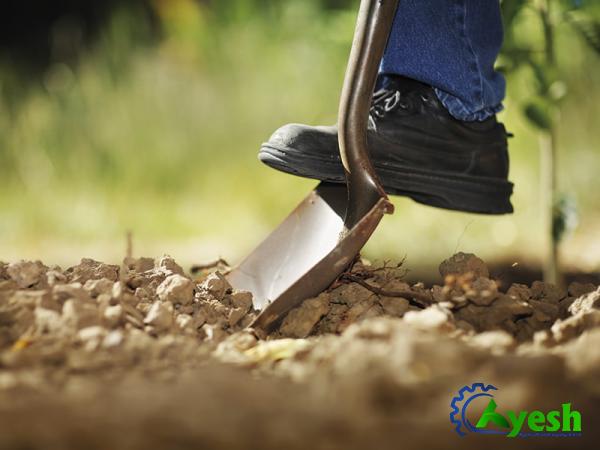
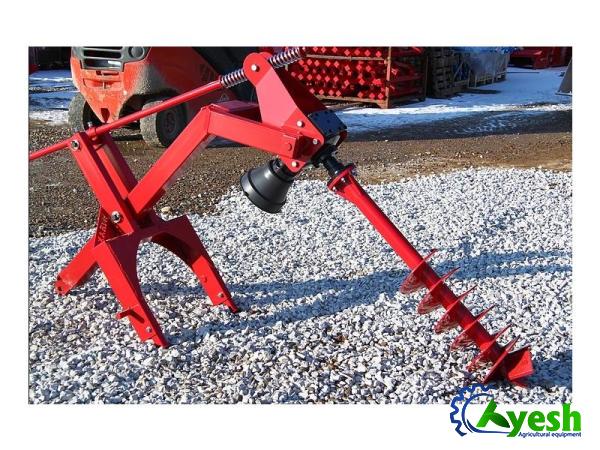
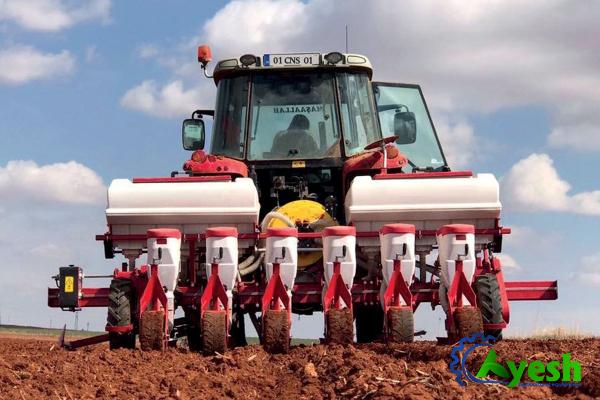
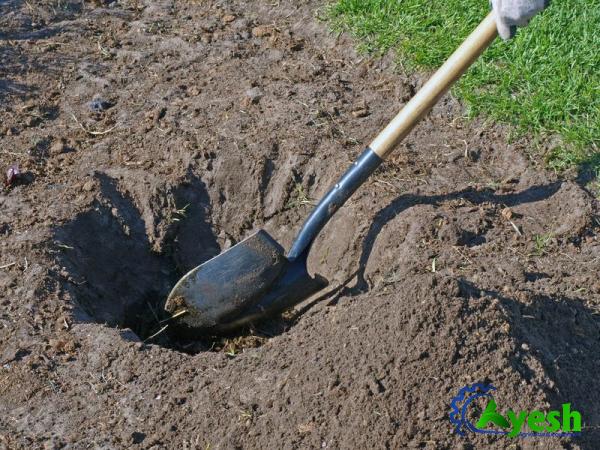
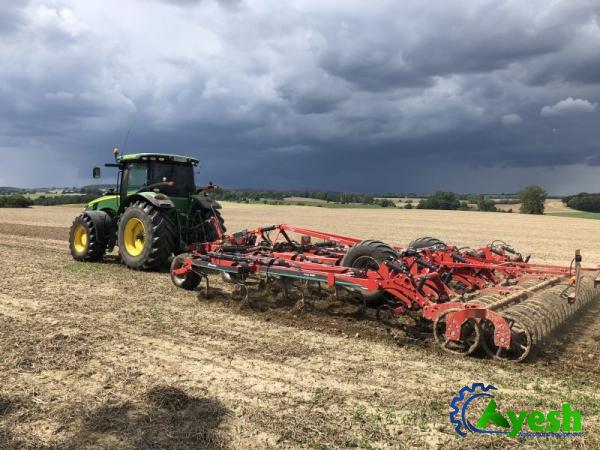
Your comment submitted.